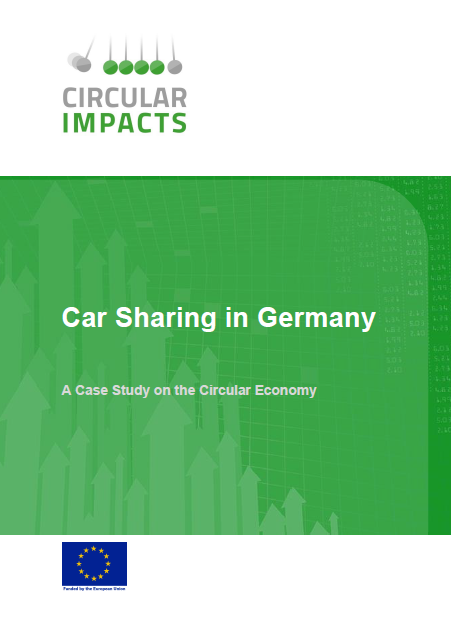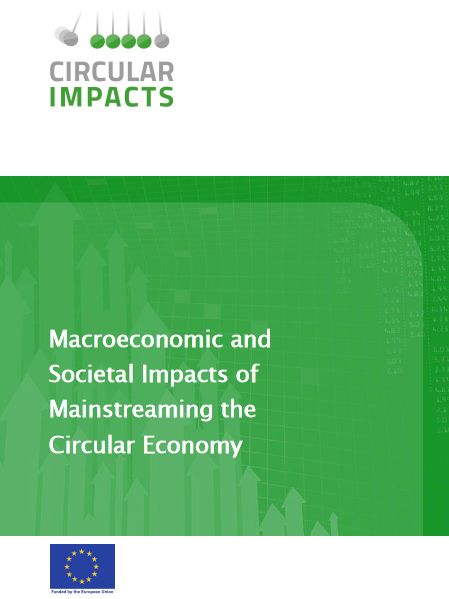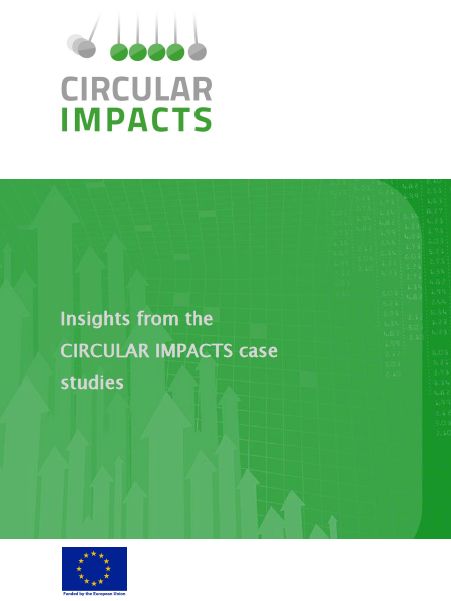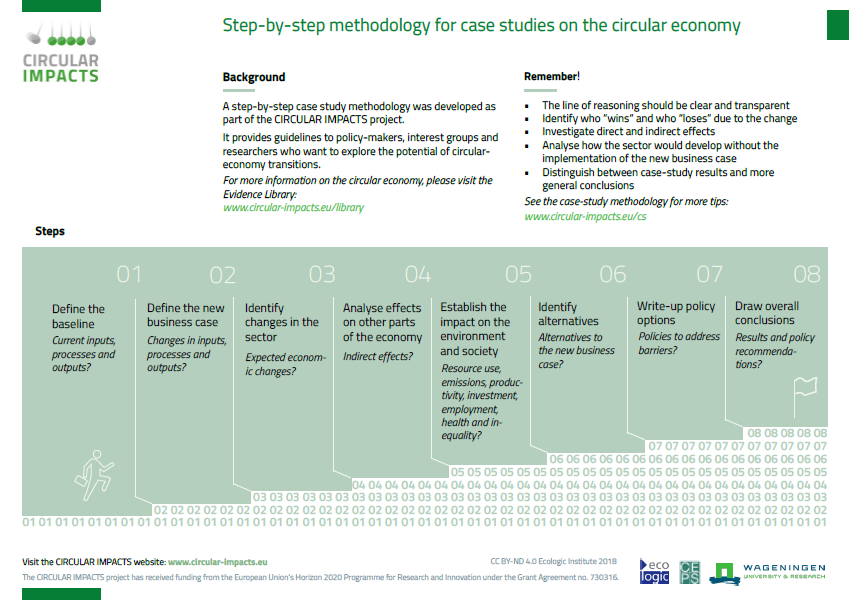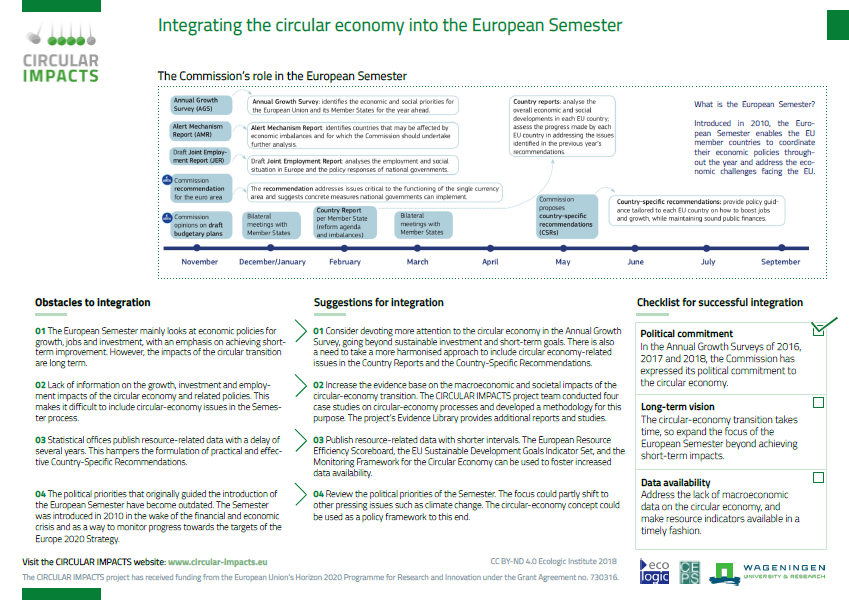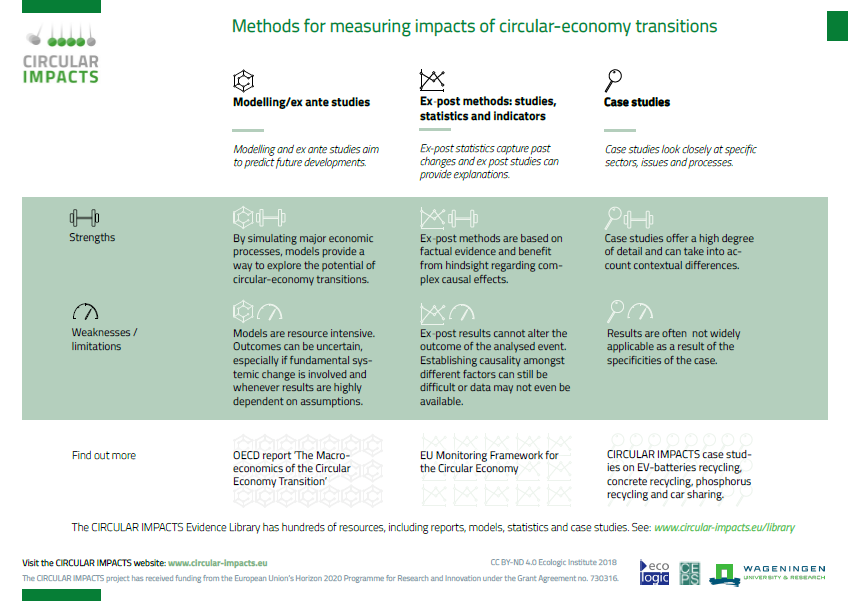Car Sharing in Germany
A Case Study on the Circular Economy
- Publication
- Citation
Best, Aaron and Marius Hasenheit 2018: Car Sharing in Germany: A Case Study on the Circular Economy. Ecologic Institute: Berlin.
This case-study paper examines future scenarios for car sharing in Germany, analysing drivers and impacts. Enabled by disruptive technological changes, car sharing is an example of a "product as a service" and becoming an increasingly viable alternative to the private ownership of cars. By intensifying the use of vehicles, car sharing has the potential to provide mobility using fewer physical and energy resources.
However, other models of shared mobility, such as ridesharing enabled by autonomous vehicles, could actually have countervailing effects, drawing passengers away from public transit. Two future circular scenarios for 2030, Circular "Green" (car sharing) and Circular "Gray" (a broader concept of shared mobility) are developed and compared to a business-as-usual scenario. The paper highlights the impacts of the scenarios on motor-vehicle travel and production as well as greenhouse-gas emissions, also describing likely economic and policy implications. The case underlines the importance of analysing specific circular opportunities like car sharing in the context of a broader system of multi-modal transport.
